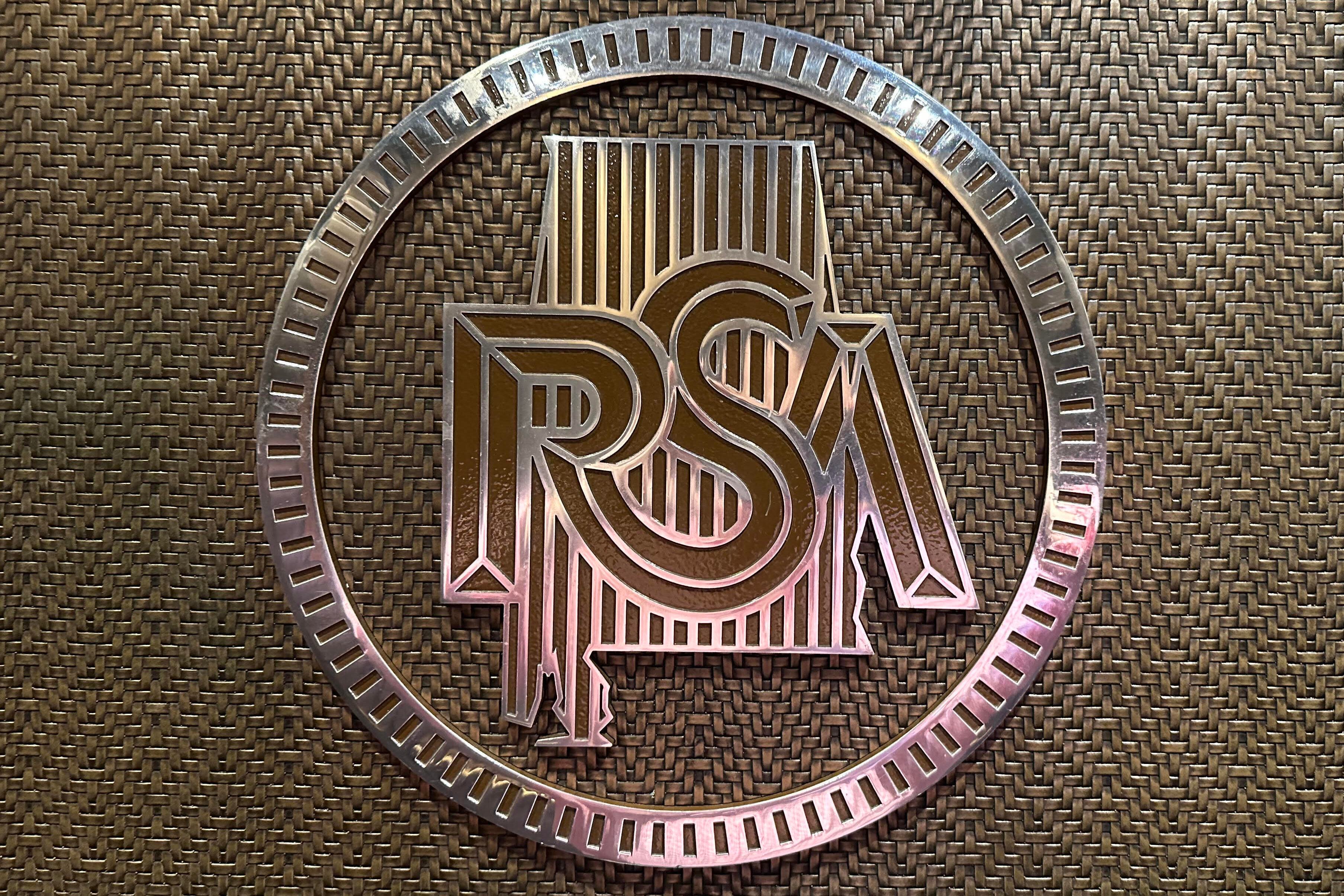The 1792 Exchange released a new "spotlight bias report" detailing the percentage of "Pro-ESG" resolutions supported by state pension funds in 2022, and the Retirement Systems of Alabama (RSA) landed near the top of the list.
ESG, or "environmental, social, governance," measures how a corporation aligns itself with social goals beyond earning a profit for its shareholders, such as reducing carbon emissions, supporting specific social movements and promoting "diversity, equity and inclusion" (DEI).
Corporations receive an ESG score from organizations, such as MSCI, supposedly based on their adherence to a vaguely defined set of values.
Some large banks and asset management groups, such as Blackrock and Vanguard, use ESG ratings to choose where to direct capital. However, some companies now use different words to refer to the same investment criteria.
Conservative critics have called ESG investing a "wokeness report card" and compared it to China's social credit score system. Last spring, the Alabama Legislature passed what some Republicans called the strongest piece of legislation battling controversial environmental, social, governance (ESG) investing in the country.
1819 News went into detail about how the law works earlier this month.
The 1792 Exchange report analyzed proxy voting records of pension funds and their investment managers. Only 19 states, not including Alabama, disclosed their own proxy voting records for directly owned entities. For the 31 remaining states, the nonprofit looked to data from their investment managers.
It then categorized resolutions into "Pro-ESG" and "Anti-ESG," the latter being only a few dozen votes compared to hundreds of the former. Because of this, the 1792 Exchange said "Anti-ESG" averages are more volatile.
The report gave the RSA a 49.5% "Pro-ESG" average, meaning the RSA's investment managers supported what the nonprofit considered resolutions favorable to ESG causes nearly 50% of the time.
The only states with a higher "Pro-ESG" average were Tennessee (56.6%) and Wisconsin (59.6%).
The report detailed what aspects of the ESG agenda the RSA's investment managers tended to support. The investment managers voted in favor of "climate change action" resolutions 93% of the time and "management environmental proposals" 85% of the time. They only voted in favor of "charitable contributions" 11% of the time.
Though the RSA's investment managers received one of the highest "Pro-ESG" averages, they also received one of the highest "Anti-ESG" averages. Only one state, Wyoming, had a higher "Anti-ESG" score.
The report gave Alabama a 12.5% "Anti-ESG" average, suggesting the RSA's investment managers voted in favor of a higher percentage of resolutions the 1792 Exchange deemed "Anti-ESG."
According to the report, the 1792 Exchange encourages "all public officials entrusted with protecting pensioners' retirement savings to strictly uphold their fiduciary duty to maximize returns and protect against politicized portfolios by voting against harmful ESG agendas."
It also recommends that legislators pass laws to control proxy voting and that pension funds reevaluate contracts with particular firms.
1819 News contacted RSA CEO David Bronner last week for comment but did not receive a response.
To connect with the author of this story or to comment, email will.blakely@1819news.com or find him on Twitter and Facebook.
Don't miss out! Subscribe to our newsletter and get our top stories every weekday morning.










